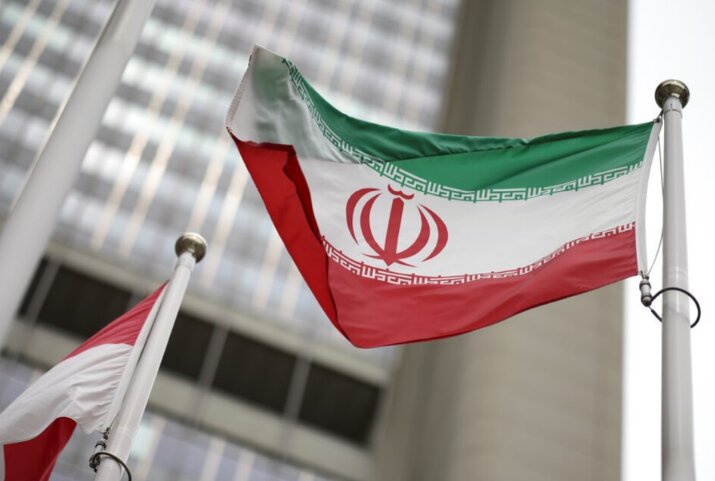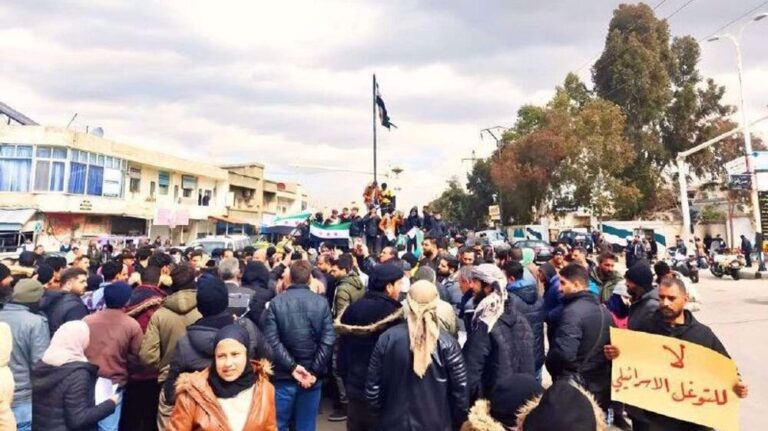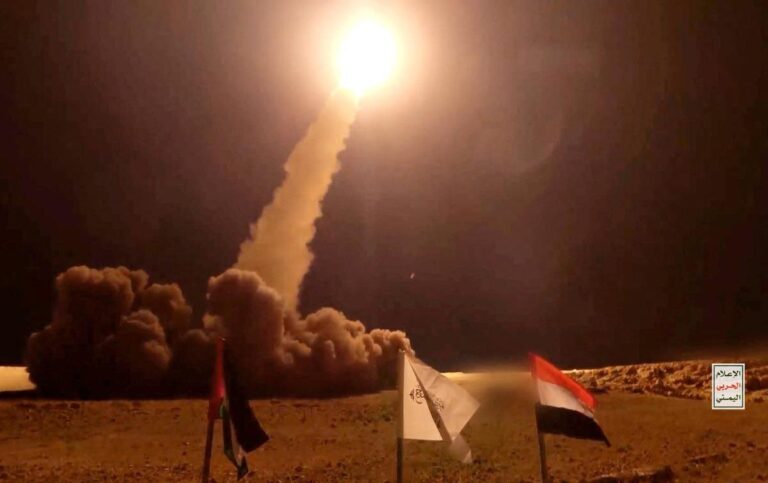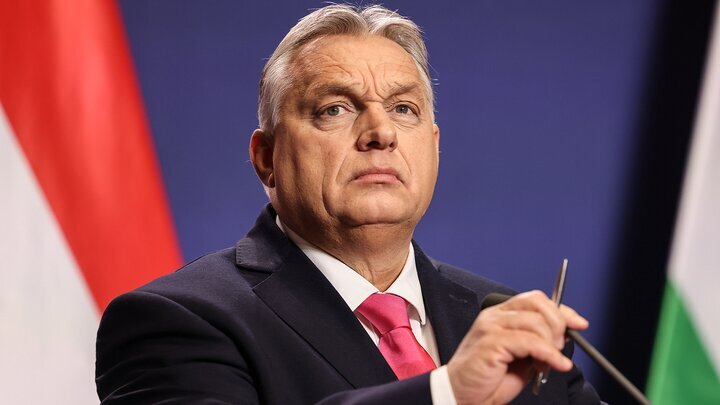Tehran Responds Strongly to Germany’s UN Rights Council Resolution: A Diplomatic Showdown
In a recent development concerning international relations, the Foreign Ministry spokesperson of Iran, Esmaeil Baghaei, has vehemently criticized Germany for its perceived double-standard approach to human rights. This condemnation comes in light of Germany’s recent resolution at the United Nations Human Rights Council, which Baghaei argues constitutes an unwarranted interference in Iran’s internal affairs.
On Friday, Baghaei expressed his concerns about Germany’s track record of utilizing human rights mechanisms as a tool to promote its political agenda against nations like Iran. He emphasized the hypocrisy inherent in Germany’s actions, particularly in collaboration with Britain and other nations to push forward the anti-Iran resolution.
Key points from Baghaei’s statements include:
- Accusation of Hypocrisy: Baghaei accused Germany of a selective approach to human rights, highlighting its role in the arms trade.
- Responsibility for Atrocities: He remarked that Germany, as a significant supplier of arms to Israel, shares culpability for human rights violations against Palestinians and other civilians.
- Lack of Moral Standing: According to Baghaei, Germany does not possess the moral or legal authority to position itself as a champion of human rights.
- Call for Accountability: He reminded officials of Germany’s involvement in providing chemical weapons to Iraq during the Iran-Iraq war, which resulted in numerous casualties.
- Proposal for Cooperation: Baghaei urged Germany to engage sincerely with Iran by agreeing to a joint fact-finding mission regarding its past actions.
“Germany, as the second-largest supplier of arms to the genocidal Israeli regime, shares responsibility for all atrocities and gross violations of human rights and humanitarian law committed against innocent Palestinians and other civilians in the region,” Baghaei stated. He further asserted, “Thus, it has no moral or legal standing to present itself as a defender of human rights.”
Moreover, he referred to the historical context of Iran’s demands for accountability from Germany due to its role in supporting the former Iraqi regime, which inflicted significant harm on Iranian forces and civilians alike. The legacy of these actions continues to impact Iran’s perspective on international human rights advocacy, particularly when perceived as selective or politically motivated.
Baghaei’s comments come in response to the recent vote at the U.N. Human Rights Council, where a resolution targeting Iran was passed with 24 votes in favor, 8 against, and 15 abstentions. This resolution has further intensified the scrutiny of Germany’s foreign policy and its implications for human rights discussions globally.
In conclusion, the tensions between Iran and Germany highlight the complexities of international relations, particularly regarding human rights issues. Baghaei’s remarks underscore the need for a more consistent and genuine approach to human rights advocacy that transcends political agendas.
As the dialogue continues, it remains crucial for nations to engage in constructive conversations that prioritize justice and accountability over political maneuvering. The call for a joint fact-finding mechanism proposed by Baghaei illustrates Iran’s willingness to address historical grievances through cooperation rather than confrontation.
Overall, this situation exemplifies the ongoing challenges in international diplomacy, particularly when human rights are at the forefront of political discourse.
For more updates on international relations and human rights developments, stay tuned to credible news sources.






